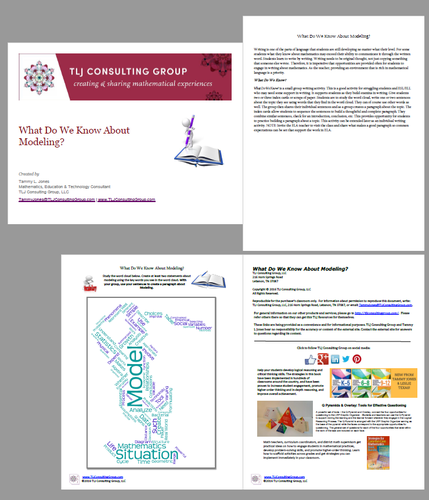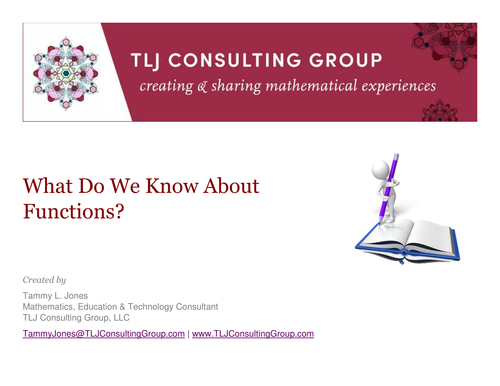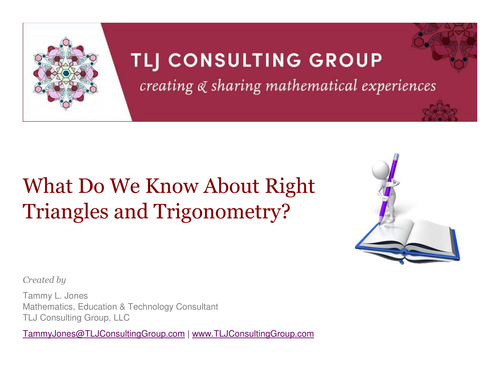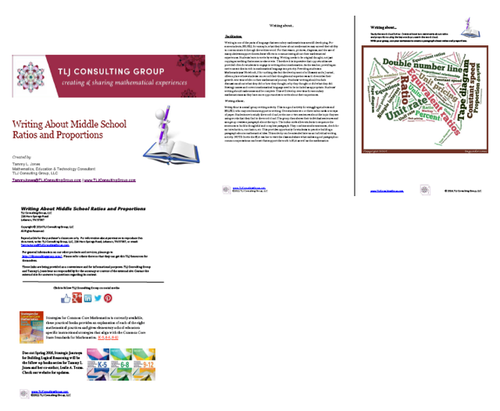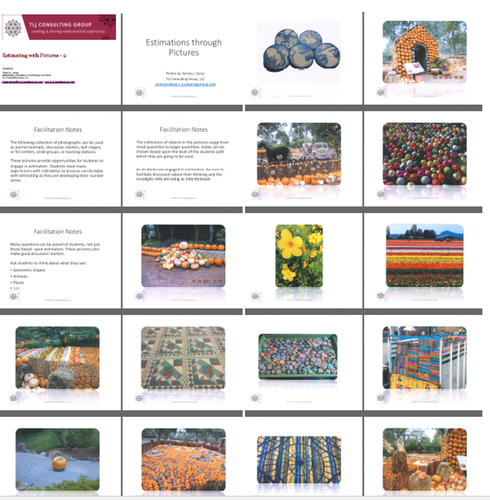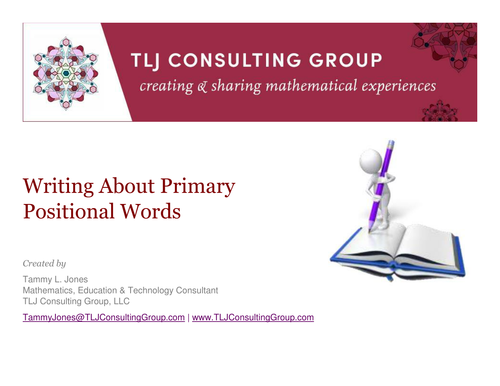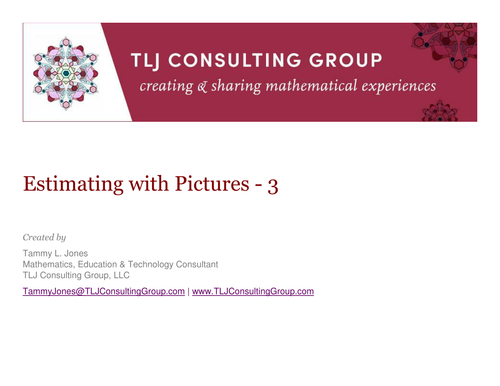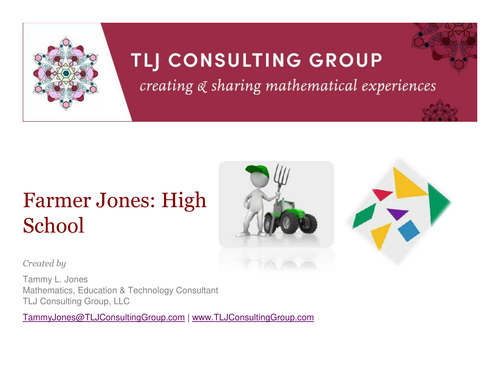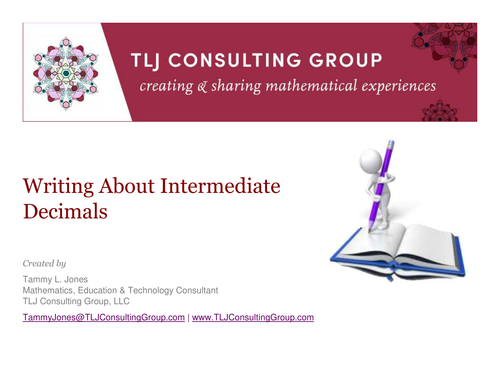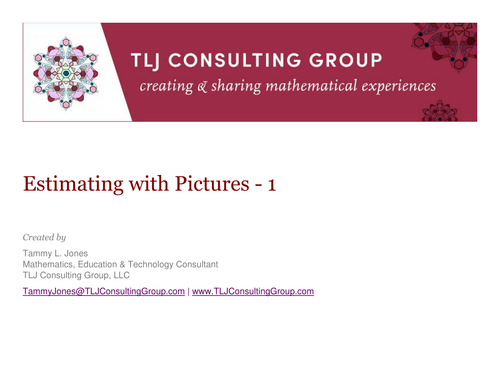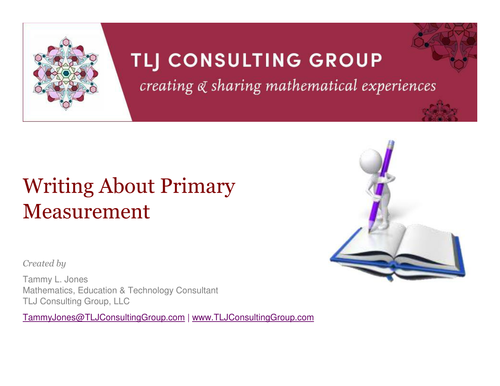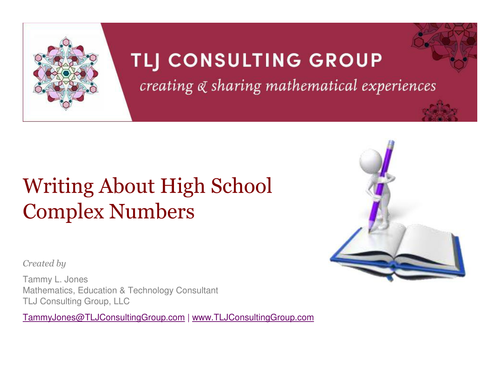TLJ Consulting Group
An educator since 1979, Tammy L. Jones has worked with students from first grade through college. Currently, Tammy is consulting with individual school districts in training teachers on strategies for making content accessible to all learners. Writing integrations as well as literacy connections are foundational in everything Tammy does. A variety of resources are offered for mathematics Pre-K through 12 as well as several that are interdisciplinary. Electronic trainings are also offered.


